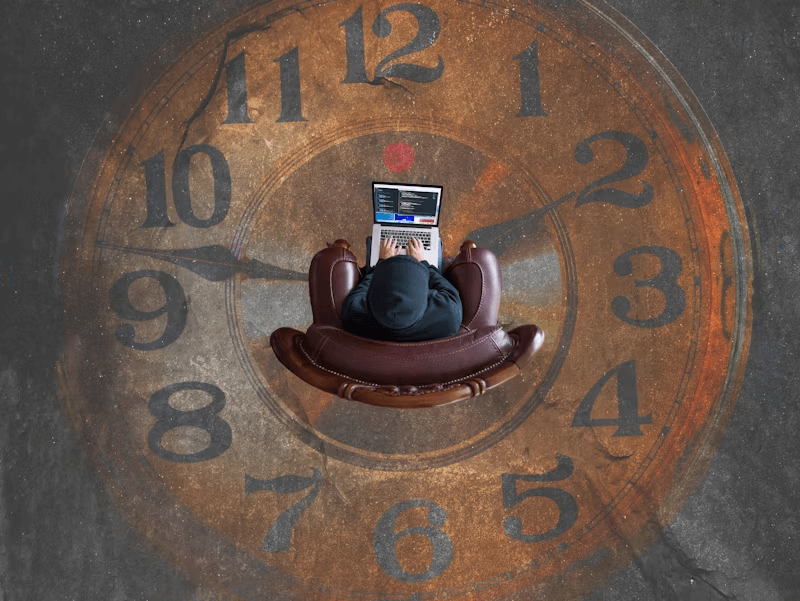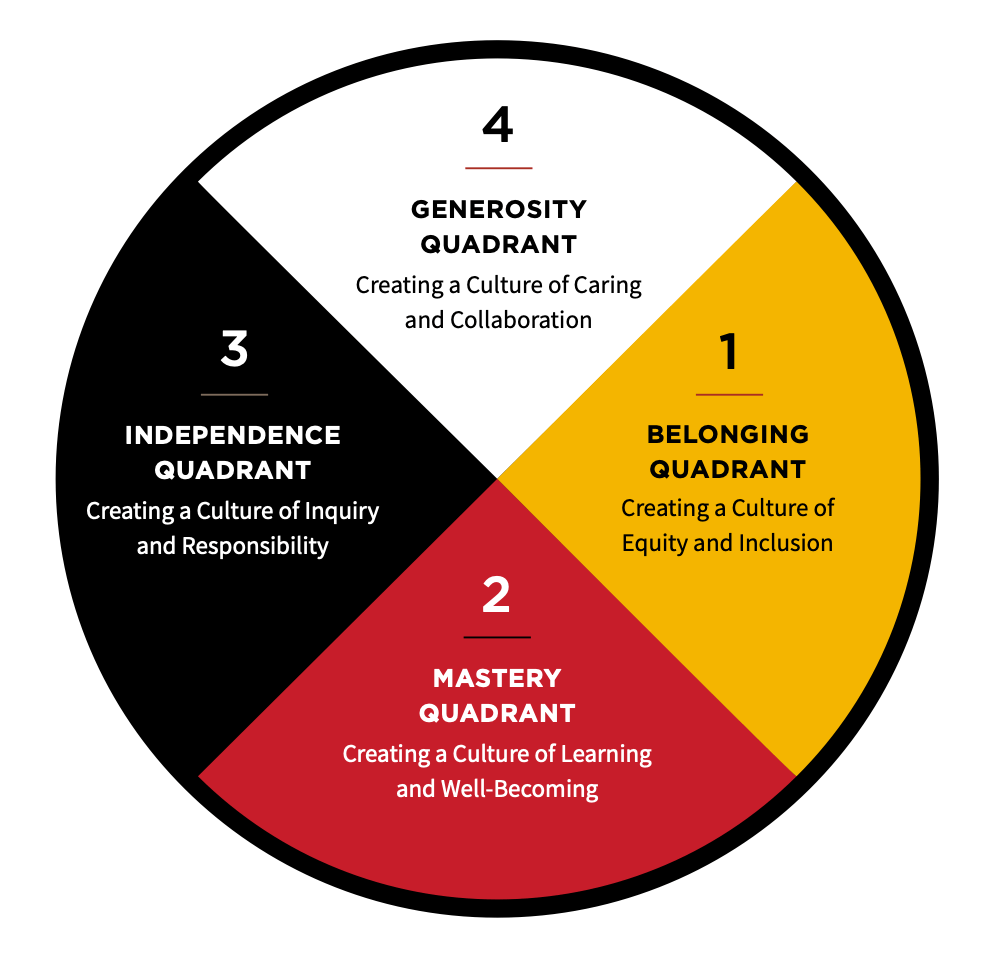Let’s talk about Stress in a Changing World.
In today’s fast-paced, ever-changing environment, stress is an unavoidable part of life. From technological advancements to political unrest, climate change and business pressure, the weight on individuals has never been greater.
These external factors often lead to chronic stress that manifests physically, mentally, and professionally, affecting not only individuals but entire organisations.
But what can organisations do to counteract this growing issue? How can leaders foster an environment where their teams, and consequently their business, thrive despite these challenges?
Stress changes everything, from how we think to how we interact with others. Chronic stress can hook individuals into a cycle of self-sabotage, leading to impaired decision-making and decreased productivity. When we understand that stress affects brain function, it becomes clear why it has such a detrimental impact on performance. And as stress levels rise, so does the toll on your organisation’s bottom line.
For businesses to thrive, it’s essential that employees are healthy and resilient, not overwhelmed by the pressures of their work.
Why Leaders Should Prioritise Well-being.
Leaders must understand that employee well-being isn’t just a ‘nice-to-have’ – it’s fundamental to long-term organisational success.

Siphiwe Moyo, organisational behaviour specialist, emphasised the importance of employers taking a real interest in their employees’ leisure activities as part of enhancing workplace culture during his interview on The TomorrowToday Podcast.
His key message: leisure time is essential for recovery, creativity, and well-being, and leaders should model this behaviour. Well-being and performance are interconnected concepts, and so creating a culture of leisure can improve employee engagement.
It’s time to shift our thinking and realise that well-being drives productivity.
The Circle of Courage Framework
One effective approach to fostering resilience and reducing stress is to use the Circle of Courage framework, which emphasises Belonging, Mastery, Independence, and Generosity. By building a supportive culture around these pillars, organisations can help employees develop long-term resilience and also create an organisational culture that is healthier and happier.
- Belonging: Encourage strong, meaningful connections between team members. A sense of belonging creates psychological safety and trust, both crucial for resilience. Employees feel like they belong to a team and find a sense of meaning in their work.
- Mastery: Focus on strengths and continuous skill development. Celebrate individual and team successes, creating a sense of progress and accomplishment. By giving people the opportunities to pursue their own mastery, team mastery also increases.
- Independence: Grant autonomy and empower people to make decisions. Autonomy can be a buffer against stress, as it provides individuals with a sense of control over their work.
- Generosity: Foster a culture of support and reciprocity. Generous teams tend to be more resilient because they look out for each other, building trust and mutual reliance.

If you’re interested in learning how your organisation can better handle the ambiguity of the modern working world, develop antifragility and decrease stress levels and organisational burnout, then download our FREE ebook guide, Mapping the Future of Business. This guide offers insights, strategies and discussion guides to help your team develop resilience, thrive through collaboration, and remain future-focused.
Or, for a more action oriented approach, you’re welcome to get in touch with us for more information on the Circle of Courage Framework. Our team is here to work with you to help your team to become more antifragile, a team that has the skills to meet the challenges of the future, head on, and without burning out.


